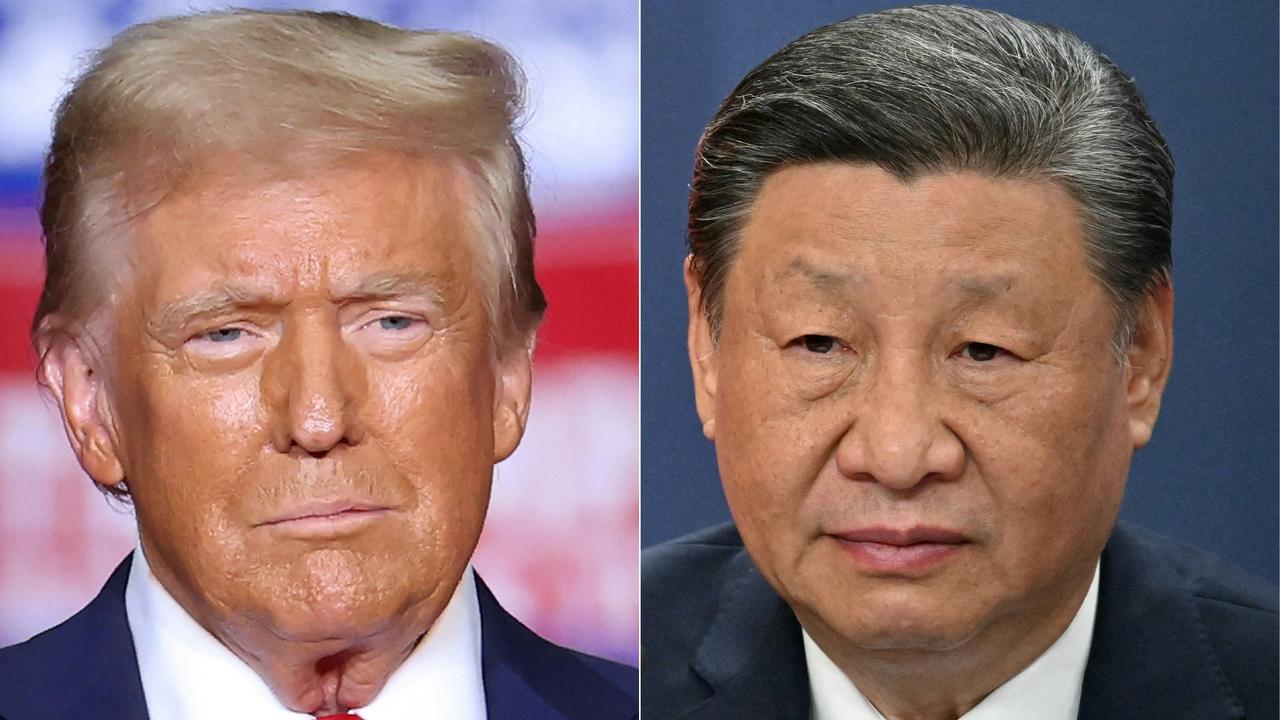Iran’s terrifying next move as President Biden under pressure to retaliate
After three US soldiers were killed by an arm of Iran’s axis of resistance, a terrifying prospect is coming to light about what Iran will do next.
ANALYSIS
Iran is an agent of chaos. But its reluctance to support Hamas and Houthi rebels by escalating their wars against Israel and the West has left it looking weak. Now analysts warn an increasingly vulnerable Tehran may finally take the plunge and build nuclear weapons.
The prospect of a direct attack on Iran has flared after three US soldiers were killed and 25 injured in a drone strike on Sunday. The attack was by an Iraqi militia, part of Iran’s ‘Axis of Resistance’ of Islamic jihadists which includes Hamas in Gaza and the Houthis in Yemen.
All have been supplied with Iranian drones and missiles.
Last night’s attack, combined with a successful hit on a British tanker carrying Russian naphtha in the Gulf of Aden on Saturday, has resulted in demands for direct retaliatory action.
And that risks triggering a nuclear escalation with Iran seeking immunity from attack.
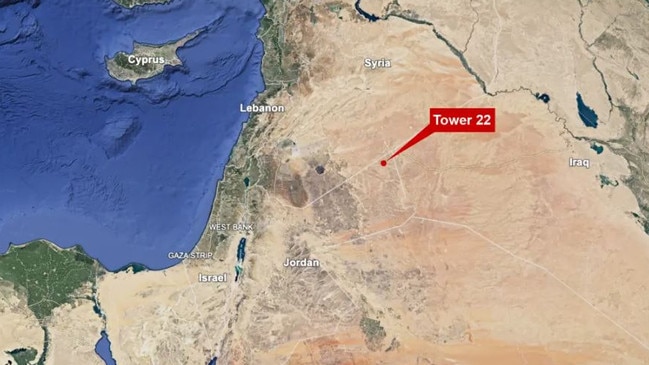
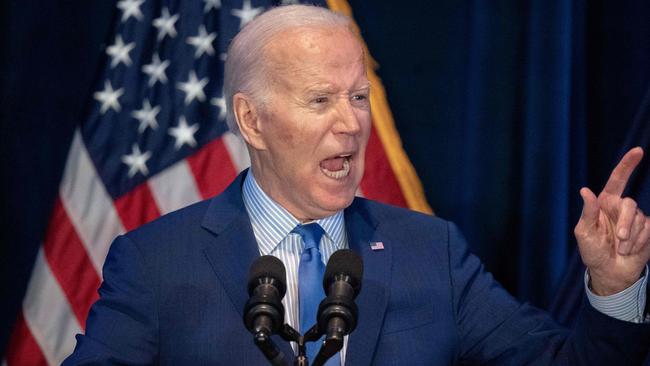
“Iranian leaders may see acquiring nuclear weapons as a way to gain new-found assurance that it won’t be attacked by Israel or the United States — freeing the axis of resistance to wreak far more havoc,” says International Crisis Group analyst Ali Vaez.
“Today, it would take about a month for the country to produce enough enriched nuclear material for an arsenal of four to five nuclear warheads,” adds Vaez. “It could manufacture a deliverable bomb perhaps just a few months later.
“And unfortunately, the aftermath of October 7 makes nuclearisation more likely.”
Meanwhile, Israel is itself ramping up the nuclear rhetoric once again – with renewed suggestions a nuclear device should be exploded over the Gaza Strip.
Chain reaction
The Times of Israel newspaper says Heritage Minister Amichai Eliyahu has restated his conviction that such a move was justified because “there is no such thing as uninvolved civilians in Gaza”.
While on a tour of an illegally occupied portion of the West Bank city of Hebron last week, the senior Jewish Power politician reportedly stated, “Even in The Hague, they know my position” in reference to the International Court of Justice’s inquiry into allegations of genocide in Gaza.
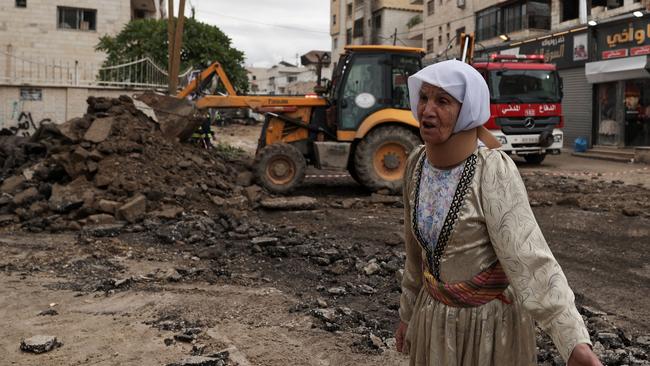
Israel acquired nuclear weapons capability in the late 1960s without US condemnation or sanctions under international law.
It is now believed to hold a stockpile of several hundred warheads capable of being carried by both ballistic and cruise missiles and combat aircraft.
Iran’s nuclear ambitions also began in the 1950s under its then sectarian ruler, Shah Mohammad Reza Pahlavi. But its long and drawn-out program has been the subject of intense criticism for breaching international law – leading to diplomatic posturing, monitoring and sanctions. And even Israeli assassinations and air strikes.
But it’s been on the brink of achieving its goal for almost a decade. And only intense diplomatic efforts have held it back.
Gods of war
Iranian Supreme Leader Ali Khamenei has exulted in the October 7 massacre in Israel and ongoing fighting in Gaza and the Red Sea.
“The Zionist regime’s defeat in this event is not just the defeat of the Zionist regime. It is also the defeat of the US,” he proclaimed during a December public address.
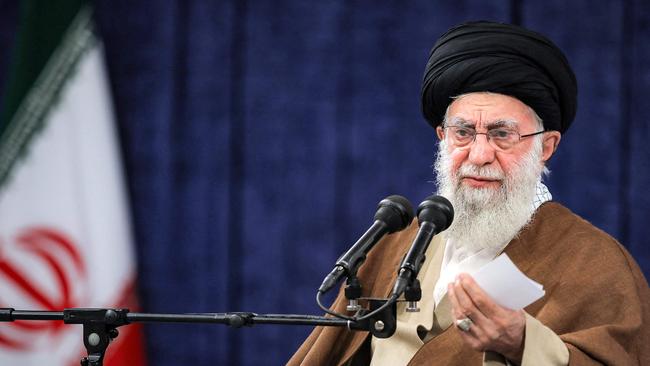
But, behind the scenes, he is believed to have been attempting to restrain his Shia jihadists from triggering a more widespread escalation in the fighting. This apparent reluctance to leap to the aid of Hamas in Gaza and the Houthis in Yemen has weakened Iran’s credibility – both among its allies and opponents.
Securing nuclear weapons is one way to reverse that.
“Tehran could make a final dash for the ultimate deterrent: nuclear weapons,” says Vaez. “Doing so would have risks, but it might provide Iran with the kind of immunity North Korea and Russia have enjoyed as they confront the West.”
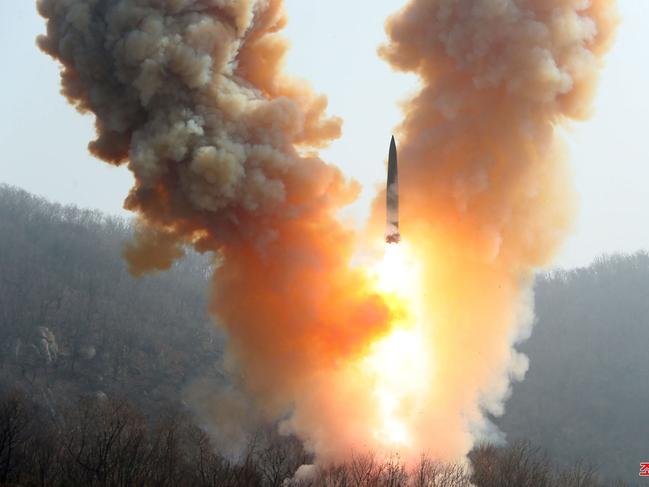
Since 1967, Arab states sympathetic to the plight of Palestinians in the occupied West Bank and Gaza have faced the prospect of nuclear retaliation for open military intervention.
University of Pennsylvania Middle East analyst Dr John Ghazvinian writes for the Bulletin of the Atomic Scientists (the group responsible for the Doomsday Clock) that Iran’s ongoing nuclear program is about securing the Shia regime’s survival. But it’s also subject to intense internal debate.
“Khamenei has consistently used his position as the country’s most revered religious authority to insist that nuclear weapons are a sin against God and that the Islamic Republic will never seek to possess them,” he wrote in October. “At least for now, Iran is likely to continue making decisions about its nuclear program based on the traditional factors of national interest, territorial sovereignty, and regime survival that have always guided it. But until when?”
Doctrines of ‘deterrence’
“Jericho missile! Jericho missile! … A doomsday weapon! Shoot powerful missiles without limit. Not flattening a neighbourhood – crushing and flattening Gaza,” Likhud Party member of Israel’s Knesset (parliament) Revatal Gotliv demanded in October last year, referring to Israel’s open secret of possessing missiles with nuclear warheads.
“Only an explosion that shakes the Middle East will restore this country’s dignity, strength, and security! It’s time to kiss doomsday.”
Iran’s religious extremist leaders may feel similarly motivated as its “Axis of Resistance” comes under sustained counter-attack.
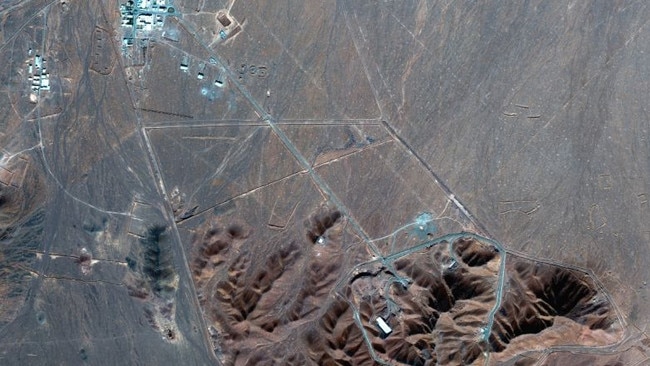
And if Tehran finally decides to take the plunge and produce nuclear warheads, the US and Israel have few options to prevent it.
“They could attempt to take out some facilities or expertise with military strikes. But Iran and its allies would respond with attacks on US assets, and Iran now has enough knowledge and talent that strikes alone would only delay Iranian nuclearisation,” Vaez warns.
“Washington would have to either carpet bomb the entire country or attempt regime change, either by invasion or internal revolt. None of these options seem plausible.”
Even without nuclear weapons, the threat of the Israel-Gaza war escalating across the entire Middle East risks dire economic fallout.
And that has Washington and its Western partners struggling to impose a credible sense of the “international rule of law” and “deterrence”.
“Deterrence rests, in part, on the credible threat of more pain,” Center for Strategic and International Studies (CSIS) senior fellow Professor Daniel Byman explained in the context of punitive strikes for drone and missile attacks by Iranian proxies on US forces.
“Of particular importance is signalling that the United States is prepared to strike — and continue to strike — targets of value to Iran and its partners in the region, such as military bases, weapons depots, arms production facilities, command and control centres, and training locations.
“These actions will not guarantee that a regional war will be averted. But they should impact the cost-benefit calculations of Iran and its partners and make it clear that a regional war will be devastating — and that is a big step forward in effective deterrence.”
But Tehran is keenly aware of the role nuclear weapons play in deterring the application of international law and punitive military action. And it needs to change that equation in its favour.
“Tehran might decide that the benefits of going nuclear outweigh the risks,” says Vaez. “Iran has already paid the economic price for nuclear weapons after suffering from years of sanctions.”
Jamie Seidel is a freelance writer | @JamieSeidel
Originally published as Iran’s terrifying next move as President Biden under pressure to retaliate





